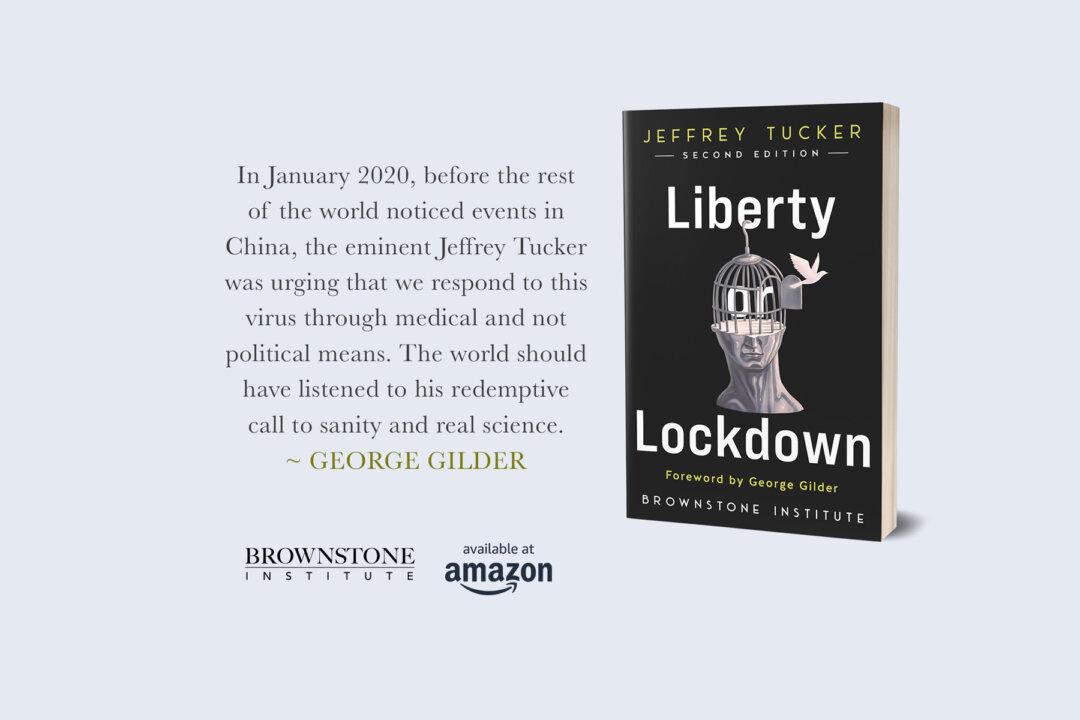Commentary
Two years after the first edition, the second edition of “Liberty or Lockdown” is now in print, just as the U.S. president announced the end of the pandemic. The emergency declaration that excused the mass violation of human rights is still in effect.





